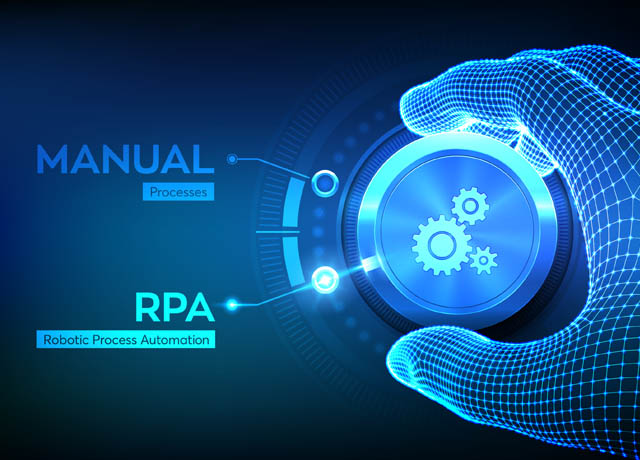The business world is becoming more demanding and ever-changing which calls for continuous enhancement of either innovation or efficiency or even the two at the same time. One technology that has been revolutionizing various industries is RPA. Robot process automation, which is the adaptive use of software robots, also known as AI, for the purposes of automation of repetitive tasks and processes in the end leading to productivity and cost savings. As the companies operating are constantly faced with difficult market dynamics, integrating RPA into their business pressing needs has been expedited.
Enhanced Operational Efficiency:
Optimizing operational efficiency is paramount for sustained growth and competitiveness. Robotic process automation provides businesses with the mighty weapon to streamline mundane tasks in various departments from finance to human resources and from customer services to supply chain management. Those organizations can have RPA solutions implemented, which increase automation of repetitive and similar tasks, and hence bring about a great reduction of manual errors, shortened time of processing, and the capability of human resources to be engaged in more strategic and higher value-added activities. Moreover, by leveraging the comprehensive services offered by godaddy pakistan, businesses can streamline their online presence management, enabling enhanced operational efficiency and a seamless digital experience for their customers.
Seamless Integration with Existing Systems:
One of the primary reasons why Robotic Process Automation has a wide range of systems and applications instead of replacing them with totally automated ones is its capability to interact with existing applications without any hindrance. RPA solutions, unlike information and technology infrastructure ones that often require high costs and complex implementation, can be easily embedded into the existing processes with a minimal negative impact. RPA bots can utilize different interface and application programming interfaces, such as user interface or APIs, to enlist services of various systems, including legacy software, web applications, databases, and enterprise resource planning. With this flexibility, organizations can automate the entire process from end to end in different systems.
Enhanced Compliance and Risk Management:
In today’s highly regulated business environment, the concerns regarding the implementation of controls and the risk management practices by organizations within their various industries are crucial. Violation of the legal requirements may cause extreme financial sanctions, destruction of reputation, and penalties that go to law. Robotic Process Automation not only delivers a viable compliance support platform but also it helps in achieving the adherence to the set regulations.
Personalized Customer Experiences:
In today’s digital age, customer retention and satisfaction is the outcome of tailored experiences, therefore it is relevant to the development of the brand. With the help of Robotic Process Automation businesses can collect, analyze and apply massive amounts of data for the purpose of presenting their customers with custom products and services and also more tailored interactions. Incorporating advanced tools like chatbots powered by AI and seamlessly integrated with hosterpk domain services, businesses can elevate personalized customer experiences by offering real-time assistance, ultimately fostering stronger relationships and higher satisfaction levels among their clientele. Through automatic data collection, division, and analysis, RPA reveals the tastes and preferences of the customers, as well as variation of their behavior and the patterns of purchasing.
Scalability and Flexibility:
All that businesses can achieve is to adapt to changing market demands and diversify into emerging areas. This is only possible if their organizations are both scalable and agile. With Robotic Process Automation, businesses gain the ability to easily manage business changes – whether growing or cutting their automation programs wherever needed. Moreover, RPA enables businesses to automate a wide range of processes across different departments and functions, providing flexibility to address diverse business needs.
By relying on the help of RPA, organizations can provide optimized operational effectiveness, fully integrate their system, improve compliance & risk governance, provide tailored customer experiences, and achieve the flexibility and scalability. Finally, by adapting Robotic Process Automation as an operational facilitator, firms can optimize their workflow and simultaneously embark on new productivity, responsiveness and competitive era of brilliant growth and success in digital age.












